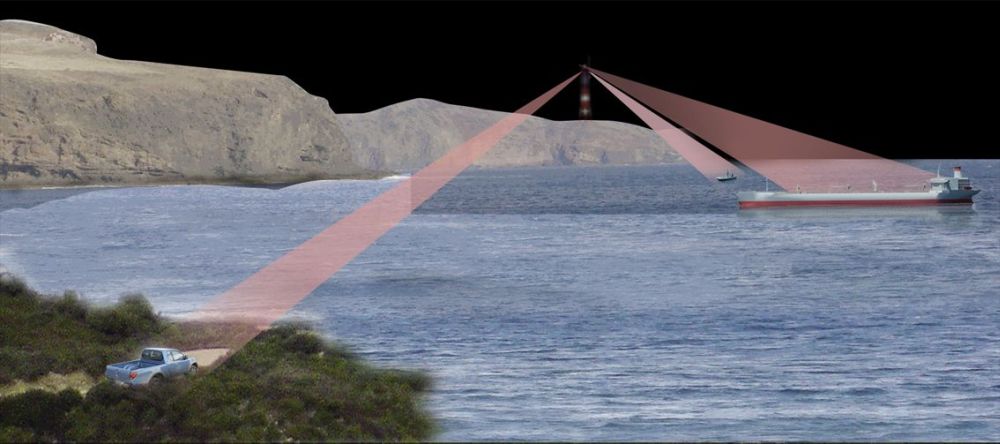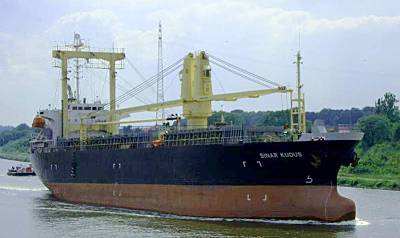ISLAMABAD, Pakistan, Dec. 15, 2010 — Pakistan deserves America’s respect and support for its fight against extremists in the country, a defense official said here today.
The official, speaking to reporters on background, said the United States wants Pakistan to do more to eliminate terrorist sanctuaries in North Waziristan, where the Haqqani network and other extremist groups are using the tribal-area province to plan and launch attacks against NATO troops in Afghanistan.
Pakistani military leaders consistently say they will address North Waziristan, but not yet, the official said. In the meantime, Pakistan’s military has been active elsewhere. The Pakistani military has moved 140,000 troops to the border area with Afghanistan, the official said, suffering losses of between 1,500 and 2,000 killed in action and perhaps four times that many wounded in the past 19 months.
“Two years ago, this kind of effort, these kinds of sacrifices would be unthinkable,” the official said. “There has been 19 months of sustained combat.”
The Pakistani army has been active against terror groups in the Swat Valley, the Khyber tribal area, South Waziristan and Baijur. The equivalent of seven divisions – each around 20,000 strong – is engaged in the region, the official said.
Unprecedented monsoon flooding in the summer hampered military operations. Because the Pakistani military is the country’s most effective aid and rescue organization, troops remained along the western border while their enablers – medics, engineers, logisticians, helicopters, transport and so on – shifted to flood relief operations. The Pakistani military is stretched thin, the official said.
“They are facing the same challenge that U.S. and coalition forces faced in Iraq, and now Afghanistan,” the official said. “It’s one thing to clear the geography of militant presence. It’s quite another thing to render the population and the area resistant enough to militant return that you can actually withdraw the army.” Local and national civilian institutions cannot handle that mission, leaving the military to guard against extremists reclaiming the area, the official explained. “Our assessment is [that the Pakistani military is] unable to conduct significant new offensive operations until they can find a way to get significant new troops or reallocate troops they have,” the official said.
Pakistan will deal with North Waziristan when it has the resources available and on its own timetable, the official said.
“We’ve got to be disciplined in not confusing what we want the Pakistanis to do with what the Pakistanis want to do,” the official said. “It doesn’t mean one side is right or wrong; it’s that they are different.”
The U.S. focus is on taking out the Afghan Taliban who are using North Waziristan as their base. The Pakistani attitude on the terror groups in North Waziristan may be changing. The Haqqani network is killing NATO troops and Afghans, but reportedly is not killing Pakistanis. But Pakistani officers are coming to the conclusion that the stew of terror groups in the province is more like a syndicate than separate and distinct groups, the official said.
“This is a syndicate of related and associated militant groups and networks,” he said. “Trying to parse them as if they had firewalls between them is really kind of silly. They cooperate with each other and franchise work with each other.”
But having the will to take on the terror groups in the province is one thing, and having the capability to take them on is another, the official acknowledged. “The worst thing that could happen is for the Pakistani military to pick a fight with the Haqqani network and lose,” he said.
Progress is coming about in Pakistan through small changes that eventually lead to a change in mindset, the official said. Trust is a big part of this, he added, and U.S. military and civilian officials must continue confidence-building measures.
Source:
U.S. Department of Defense
Office of the Assistant Secretary of Defense (Public Affairs)

 von
von 
